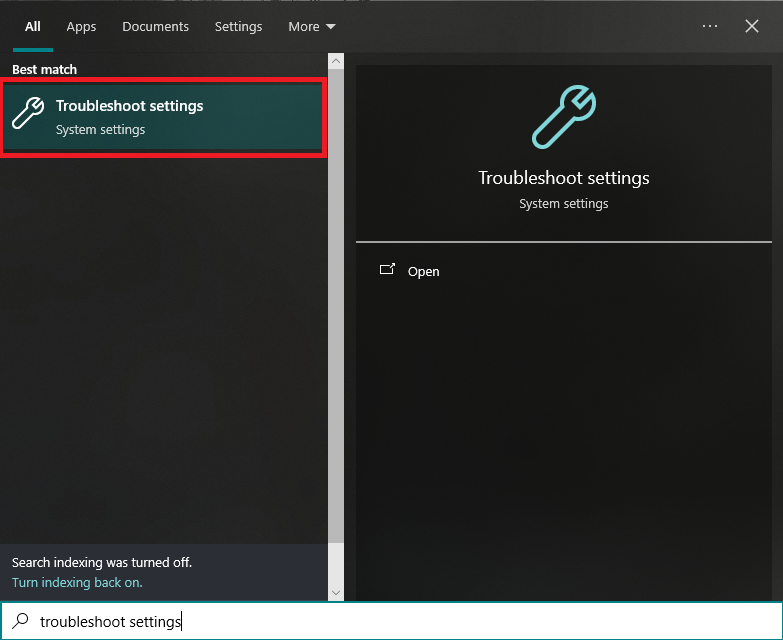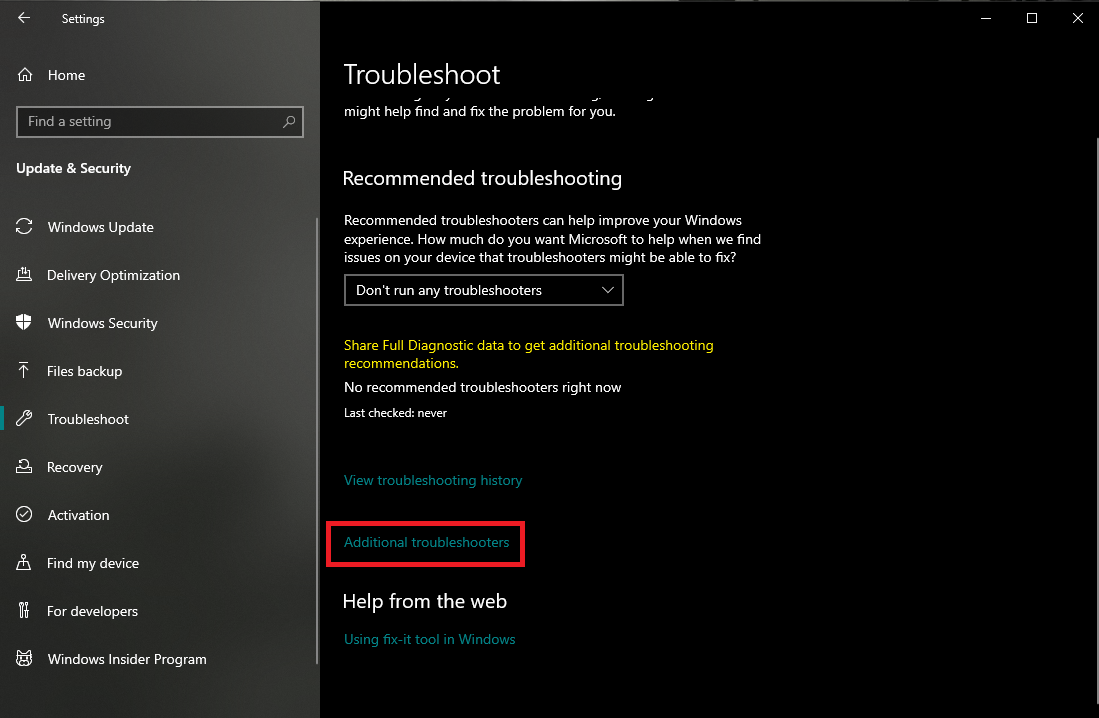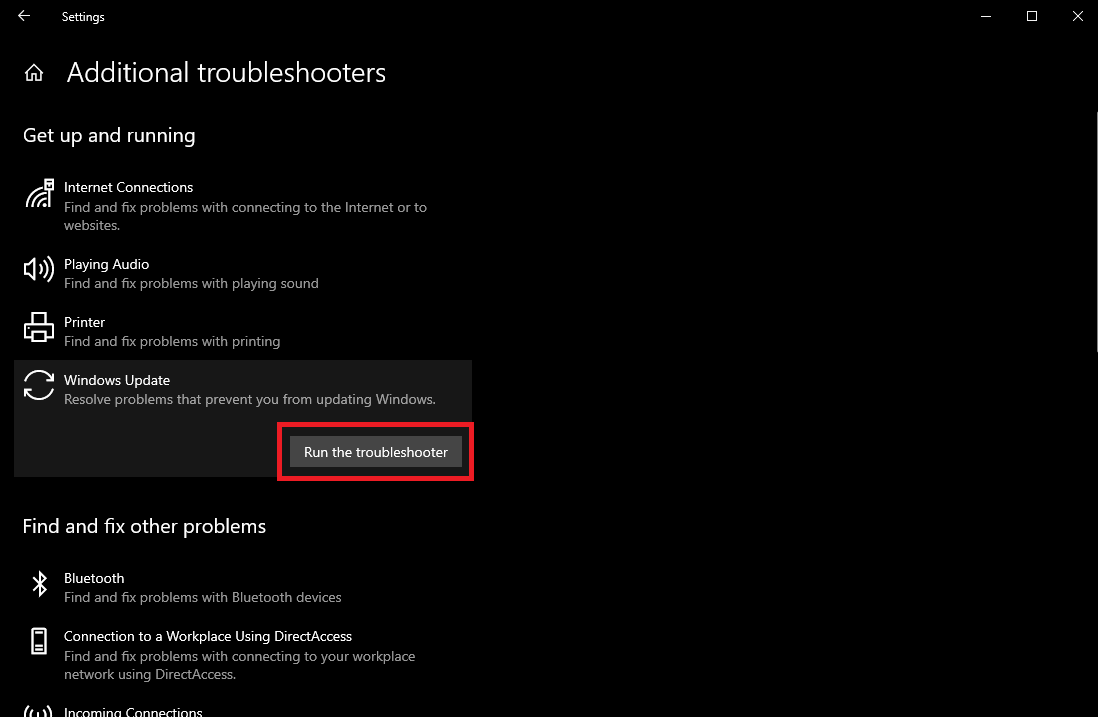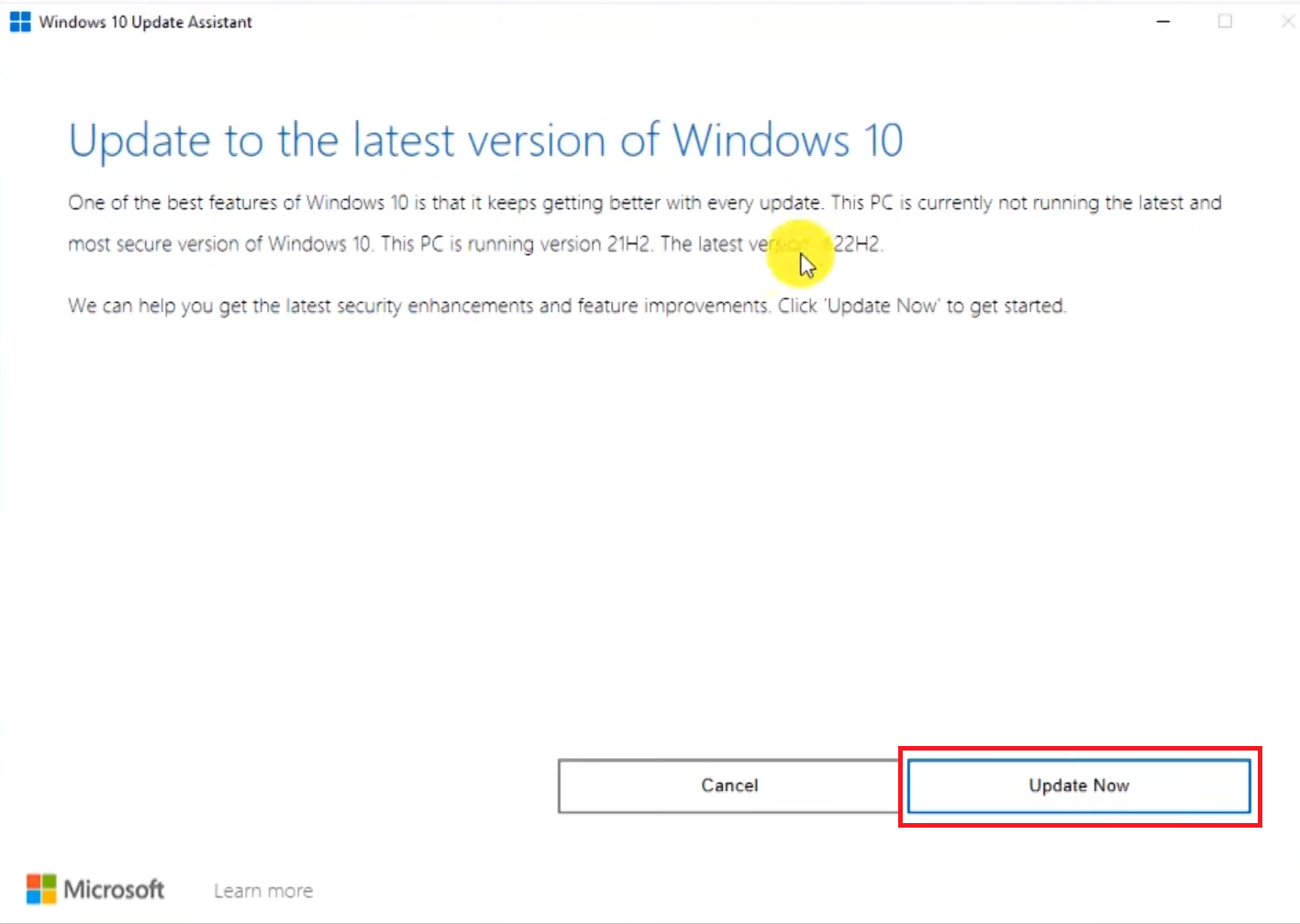How to Fix the KB2267602 Update Failure for Microsoft Defender?
Microsoft regularly pushes Security Updates and Patches to ensure System Stability and User Data Protection. The KB2267602 is a Security Intelligence Update intended for Microsoft Defender, offering enhanced protection against the latest threats such as Malware and Viruses. These security updates usually install automatically, but occasionally users may encounter an error where the update fails to install, prompting a Retry message.

Several factors, including interference from Third-Party Antivirus software, a Corrupted Cache, or Damaged System Files, could cause this error. This guide will provide several methods to help you resolve this issue.
1. Disable Third-Party Antivirus
A Third-Party Antivirus program might conflict with the normal update process of Microsoft Defender. Disabling such programs can often clear this error. Disable your antivirus by following these steps.
2. Using Windows Troubleshooter
Windows Troubleshooter is a built-in utility that can identify and attempt to resolve problems with the Windows OS. It can be helpful in resolving update issues:
- Click on the Start Button and enter Troubleshoot Settings in the Search Box.

- In the Troubleshoot Section of the Settings Window, click on Additional Troubleshooters.

- Click the Run the Troubleshooter button within the Windows Update menu.

- Follow the on-screen prompts to see if the problem is fixed.
3. Reset Update Database Cache
The Software Distribution folder, otherwise known as the Windows Update Database Cache, stores files necessary for installing updates. If the cache is corrupted, it can cause updates to fail.
- Click on the Start Button and type Command Prompt in the Search Box.
- Right-click on Command Prompt and select Run as Administrator.

- Input the following commands in the Command Prompt to stop certain services:
net stop wuauserv net stop cryptSvc net stop bits net stop msiserver

- To reset the Cache, enter these commands in the Command Prompt:
ren C:\Windows\SoftwareDistribution SoftwareDistribution.old ren C:\Windows\System32\catroot2 Catroot2.old

- Next, restart the services you stopped by entering these commands:
net start wuauserv net start cryptSvc net start bits net start msiserver

- Restart your computer to see if the problem is resolved.
4. Use Microsoft Update Assistant
Microsoft Update Assistant is a tool that facilitates the updating of your operating system to the latest version, including the definition updates.
- Download the Microsoft Update Assistant by clicking on the Update Now button on the Microsoft website.

- Execute the Update Assistant by double-clicking the downloaded file and selecting Update Now.

5. Repairing System Files
Corrupted or damaged system files could be the culprits for the update error. Deployment Image Servicing and Management (DISM) and System File Checker (SFC) are command-line tools that can be used to repair corrupted files.
- Click on the Start Button and type Command Prompt into the Search Box.
- Right-click Command Prompt and select Run as Administrator.

- Enter this command in Command Prompt to start the System File Checker:
sfc /scannow

- If SFC cannot fix the files, or an error is returned, activate DISM by entering the following commands one by one in Command Prompt:
dism /online /cleanup-image /checkhealth dism /online /cleanup-image /scanhealth dism /online /cleanup-image /restorehealth
6. Manual Update
If automatic updates are not functioning, consider manually updating the Security Intelligence to the most recent version.
6.1 Command Prompt Method
- Click on the Start Button and type Command Prompt into the Search Box.
- Right-click on Command Prompt and choose Run as Administrator.

- Type the following commands in Command Prompt one after another to start a manual update:
cd %ProgramFiles%\Windows Defender MpCmdRun.exe -removedefinitions -dynamicsignatures MpCmdRun.exe -SignatureUpdate

6.2 Download Update Package
- Right-click on the Start Button, look for System on the list, and click it.

- Under Device Specifications in the About Section, look for System Type.
(Note: Your System Type may vary based on your device’s Architecture Type.)

- Download the appropriate Security Intelligence Update for your System Type from the Microsoft Website.

- Execute the downloaded Executable File by right-clicking on it, then follow the on-screen instructions to manually install the update.
- Restart your computer and verify if the issue has been resolved.





